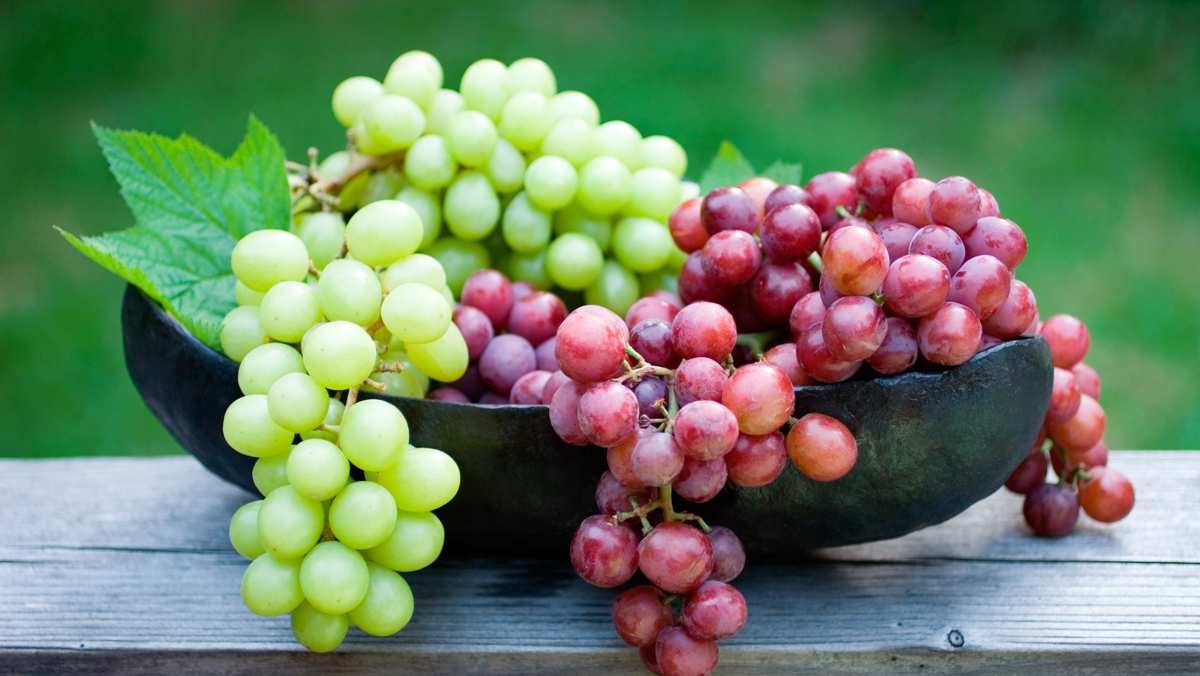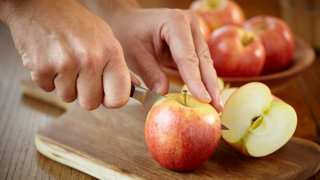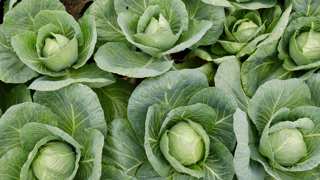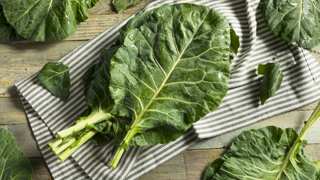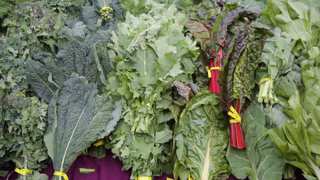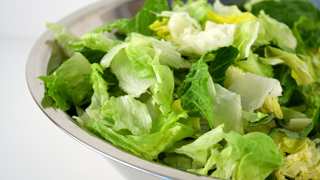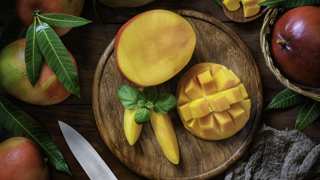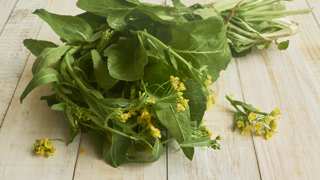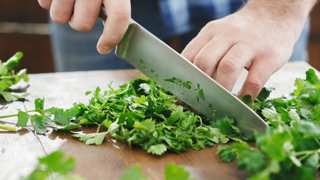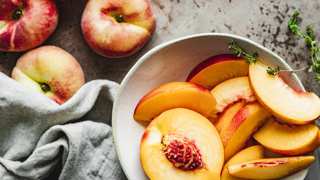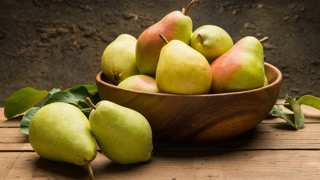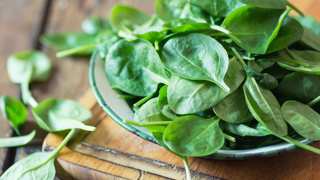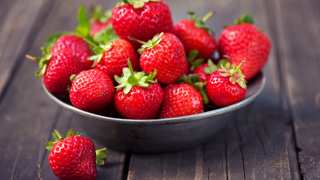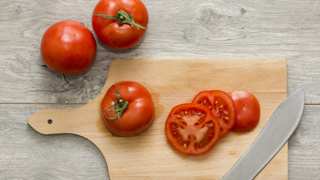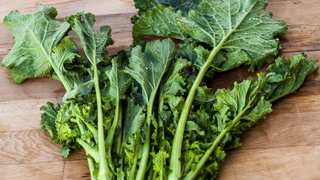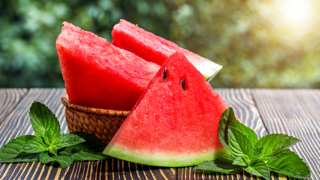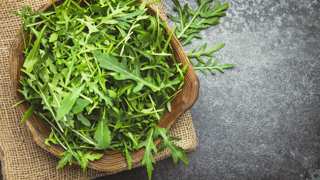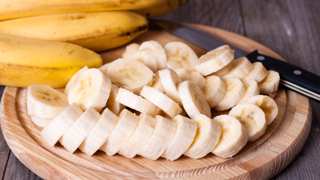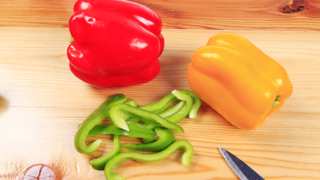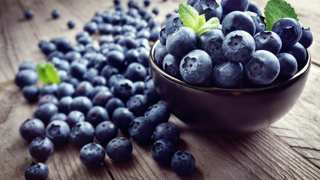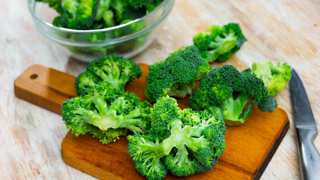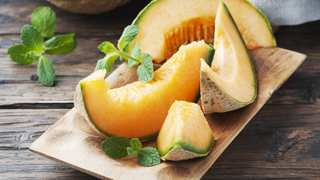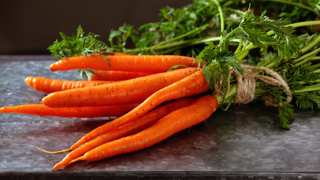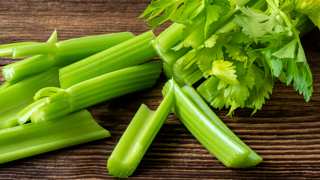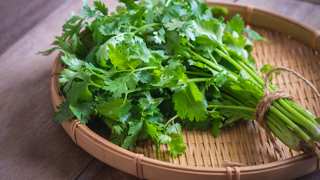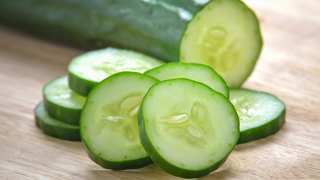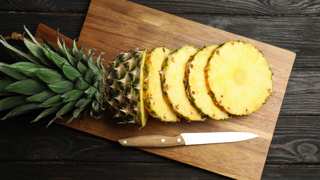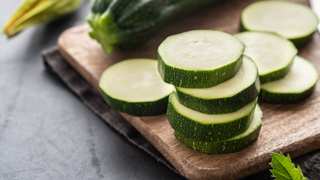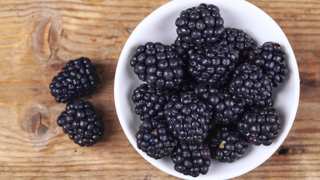Grapes Nutrition Overview
Below is the reptile nutrition label for grapes. We created this label using data provided by the USDA and other nutrition sources.
Grapes (American)Per 100g Serving
Grape Health Concerns
Overall, the average grape isn't necessarily healthy or unhealthy. They provide a few nutritional benefits, but fewer than other fruits and veggies. With that said, we've found the below health concerns.
Choking HazardGrapes are just the right size and shape to make them a coking hazard for bearded dragons. You should cut grapes in half to reduce the risk of coking or impaction (blockage of digestive tracks).
High Sugar ContentNearly 16% of a grape's weight is sugar, which is very high. To put this in perspective 9% of Coca-Cola's weight is sugar, so grapes contain roughly 50% more sugar than cola (by weight). Bearded dragons can handle a little sugar, but too much sugar overtime can lead to mouth decay and digestive issues.

